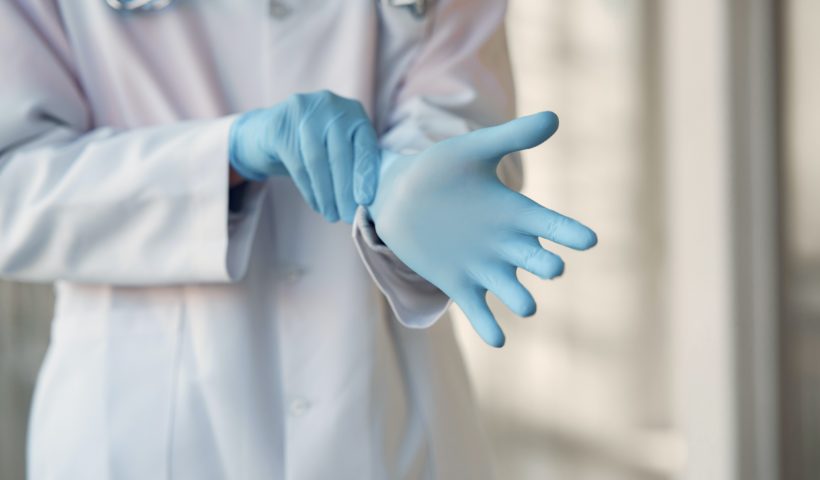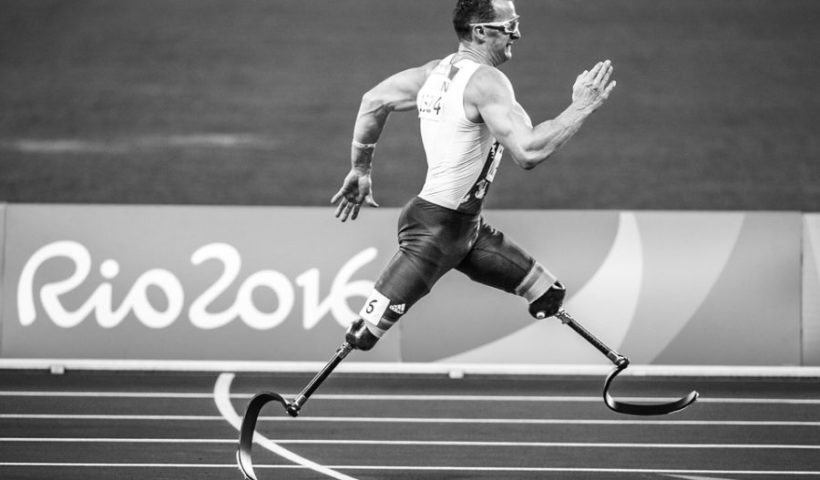Recent studies link gas appliances to severe adverse personal health and climate effects, with many consumers considering switching to electric or induction alternatives. However, others, including some politicians and industries, are resistant to legislation that would limit or ban gas stoves. New York announced that it will implement a gas stove ban in 2026, while the House of Representatives passed a bill prohibiting such bans on a federal level. This legislative back-and-forth will likely continue, and it parallels other attempts to transition away from fossil fuel technologies.
View More Burners in Hot Water: The Struggle Over Household Gas AppliancesTag: Health
Why We Should Embrace Artificial Wombs
A human fetus developing outside of a uterus may seem like science fiction at first, but artificial wombs are quickly becoming a reality. They’ve already been tested successfully on lambs, and some researchers predict they’ll be ready for human use in less than a decade. Despite criticism from opponents who see artificial wombs as “unnatural” or believe they will be harnessed to create genetically modified “designer babies,” this paper argues that the technology, once proven safe, is wholly ethical – and in certain cases, it may even be unethical not to use it.
View More Why We Should Embrace Artificial WombsGrateful Patient Programs: Doctors as Caregivers and Fundraisers
3/8/2019 Profiled article P. Galewitz, “Hospitals Are Asking Their Own Patients to Donate Money”, Jan. 28, 2019. [Online] The New York Times. Available at: https://www.nytimes.com/2019/01/24/business/hospitals-asking-patients-donate-money.html?rref=collection%2Ftimestopic%2FEthics…
View More Grateful Patient Programs: Doctors as Caregivers and FundraisersCan AI Replace Doctors? Someone Asked Them
1/25/2019 Profile article M. Scudellari, “AI Won’t Replace Us, Docs Say”, Dec. 20, 2018. [Online] IEEE Spectrum: Technology, Engineering, and Science News. Available at: https://spectrum.ieee.org/the-human-os/biomedical/ethics/ai-wont-replace-us-docs-say [Accessed 24…
View More Can AI Replace Doctors? Someone Asked ThemThe Frozen-Undead: Ethical Implications of Suspended Animation and Cryonics
With the speed of advancement in research and technology, once unrealistic medical procedures and treatments have now started to become a reality. Suspended animation and cryogenics are some of these futuristically imagined ideas. The idea behind suspended animation involves the process of slowing down an organism’s metabolism to an extremely low rate. This puts the organism in a state called the “frozen-undead.” The goal is to revive them back to a normal, stable condition in the future. This process could potentially provide more time for patients in critical condition who cannot be saved by current medicine. However, there has been growing debate about the research and use of suspended animation and cryonics on human subjects. This paper focuses on the ethical implications of continuing this research and critically examines different viewpoints towards freezing organisms.
View More The Frozen-Undead: Ethical Implications of Suspended Animation and CryonicsThe Ethics of Artificial Organs
Oscar Pistorius made history by becoming the first double amputee to compete in the Olympics, reaching the semifinals for both the 400 meter and the…
View More The Ethics of Artificial Organs




